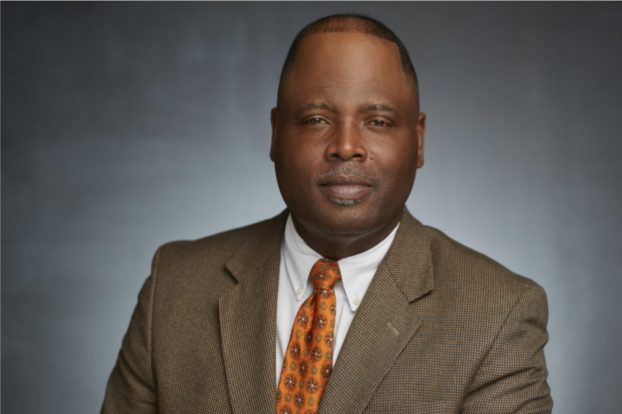Steven Becton
While teaching a classroom of mostly African-American high school students in Memphis, Tennessee, Dr. Steven Becton faced some questions. "Frankly, I was told by some people in education and some people in the community, 'Why are you teaching the Holocaust in that school?'”
Early in his career, Becton attended a summer workshop for teachers. Nina Katz, a Holocaust survivor who lived in Memphis, told her story of survival, and also of her activism in the cause of education. Among many other accomplishments, she had created reading and literacy programs in the same African-American communities where Becton had grown up.
That workshop was impactful, both personally and professionally, he says. “For the first time in my life, I was connected to somebody else’s experience that was not my own in a meaningful way.”
In addition, “I saw how to make learning come to life, how to make learning relevant, and how to get people to connect to the learning” rather than, he says, “giving out this information and hoping that students can give it back on the test.”
Katz helped start the Memphis office of Facing History and Ourselves, a nonprofit organization that encourages students to think critically about the human choices that lead to oppression. The organization helps students connect to many difficult topics, including racism, slavery, antisemitism, and the Holocaust.
Becton became a program associate with the organization and was a guest teacher in a Memphis High School when he was asked: Why teach the Holocaust? The answer: Because his students should know and understand, and Becton could make it meaningful for them. Studying the Holocaust in his class meant learning the facts of what happened, engaging with the information emotionally, reflecting on it in an ethical sense, and processing the information for your own life.
After 11 years as an award-winning teacher, Becton joined Facing History and Ourselves in 2001. Today, he is the organization’s Chief Officer for Equity, Inclusion, and Belonging. He believes strongly in the effectiveness of teaching memory and remembrance.
“Effective memory work is tied to the issues of today. Why does it matter that we study what happened in the past? It only matters if it catalyzes us to do something different today. … This is what makes it come to life for students,” he says.
“Intellectual rigor is not enough because transformative learning doesn’t just happen in our heads; we have to engage our hearts.”


